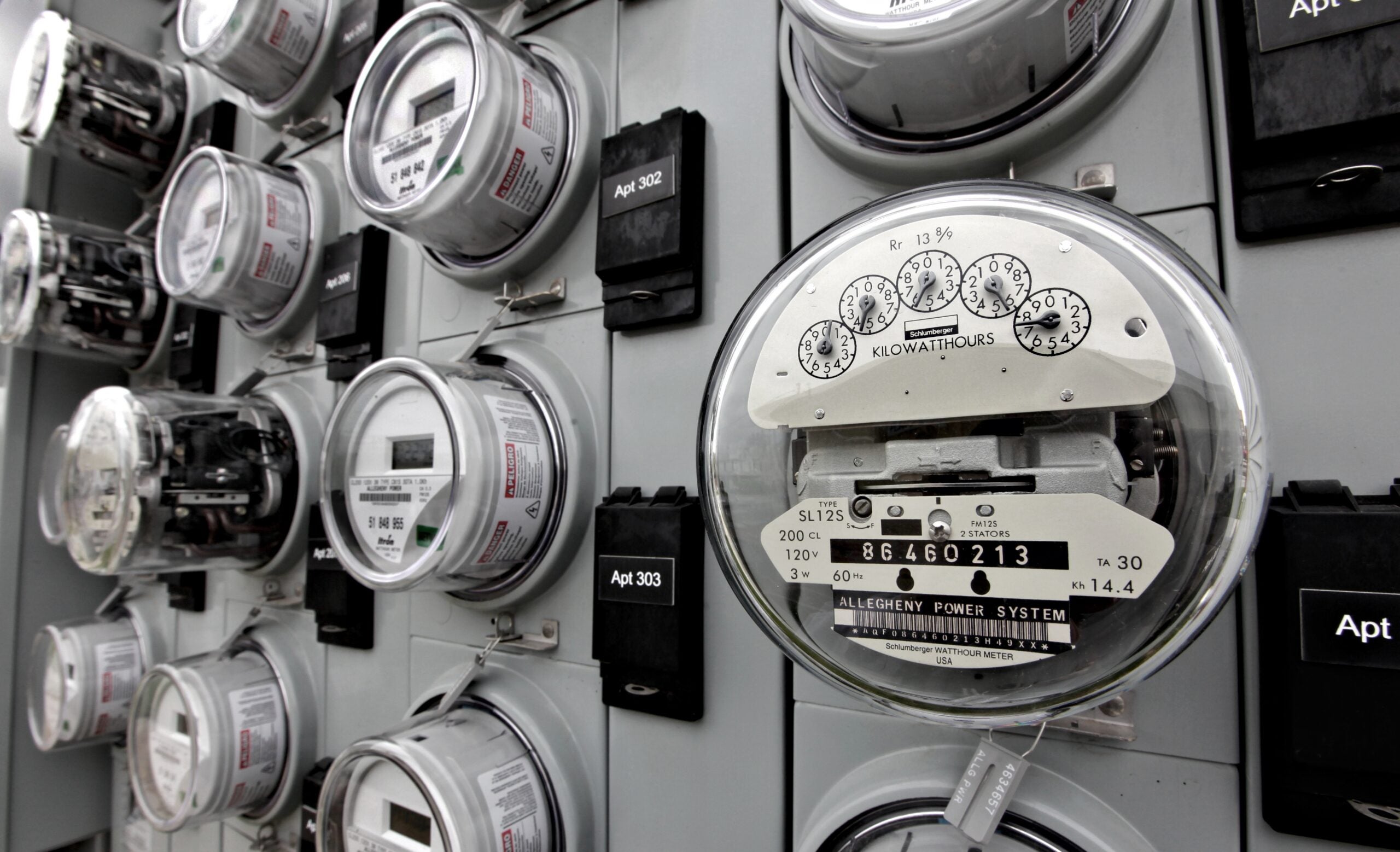State regulators are requiring all utilities to report data on the diversity of their workforces and suppliers as part of Gov. Tony Evers’ efforts to promote diversity across Wisconsin.
On Monday, the Public Service Commission (PSC) announced it would require all regulated electric, water and gas utilities to submit demographic information on their employees and board of directors as part of their annual reports.
PSC Chair Rebecca Cameron Valcq said in a statement that diversity and inclusion are significant because of the impact they have on the utility’s financial health and employees, as well as customers.
Stay informed on the latest news
Sign up for WPR’s email newsletter.
“Ultimately, diversity and inclusion efforts impact the manner in which utility customers are served,” said Valcq. “Collecting this data also will provide an opportunity for our partners to encourage diversity and inclusion throughout the industry.”
In addition, all utilities with 15,000 customers or more would be required to submit details about the diversity of their suppliers and spending with businesses owned by women, minorities, veterans and the LGBT community.
Sheila Stubbs, chair of the Wisconsin Black Legislative Caucus, said in a statement Monday that the move was a “terrific step” on the part of state regulators.
“We have worked closely with PSC Chair Rebecca Valcq and her very capable staff on this important diversity initiative and look forward to collaborating with utilities that are interested in making progress relative to providing opportunities for African American employees and businesses,” Stubbs said in the statement.
Tim Heinrich, executive director with the Municipal Electric Utilities of Wisconsin, said the data collection effort is a step in the right direction.
“Whenever you’re trying to understand what disparities exist, you have to understand your starting point, and you have to understand what the data tells you,” said Heinrich. “I think when you look at what the commission is trying to accomplish here, I think it’s very laudable.”
Heinrich thinks municipal utilities will have no difficulty pulling the information together since they tend to have a smaller workforce with 50 or fewer employees.
Utilities would also be required to provide information about the amount customers pay as part of their household income on energy use by county. Those include the state’s largest investor-owned utilities, which include We Energies, Xcel Energy, and Alliant Energy among others.
Tom Content, executive director of the Citizens Utility Board, said the organization has been working with utilities to get commitments to conduct such energy reviews. Wisconsin Public Service and Madison Gas & Electric are among those who have already committed to such assessments.
“Energy costs are a big deal for a lot of folks, but to actually pinpoint who’s struggling the most and where they live — finding that information is the tool that we need so that we can … develop programs that are piloted or targeted on the areas of biggest need,” said Content.
He also said the analysis of economic burden of energy use will help show how customers are recovering from the COVID-19 pandemic moving forward. More than 70,000 households applied for energy assistance from mid-March through the end of last year, according to state energy data.
“The COVID-19 pandemic has amplified the need to understand energy and water affordability and the effect commission decisions have on all customers,” said Valcq.
Utilities are required to submit the information as part of their annual reports by June 1.
Wisconsin Public Radio, © Copyright 2024, Board of Regents of the University of Wisconsin System and Wisconsin Educational Communications Board.



